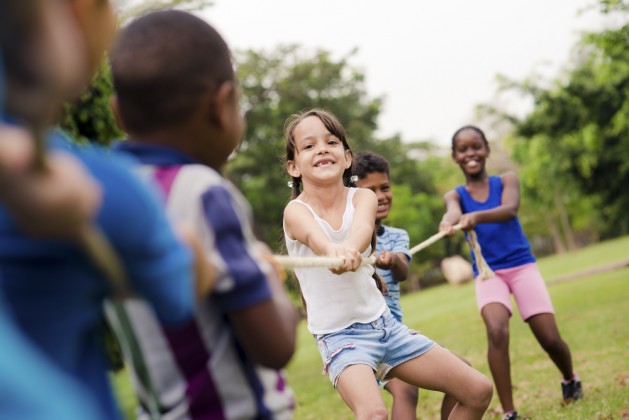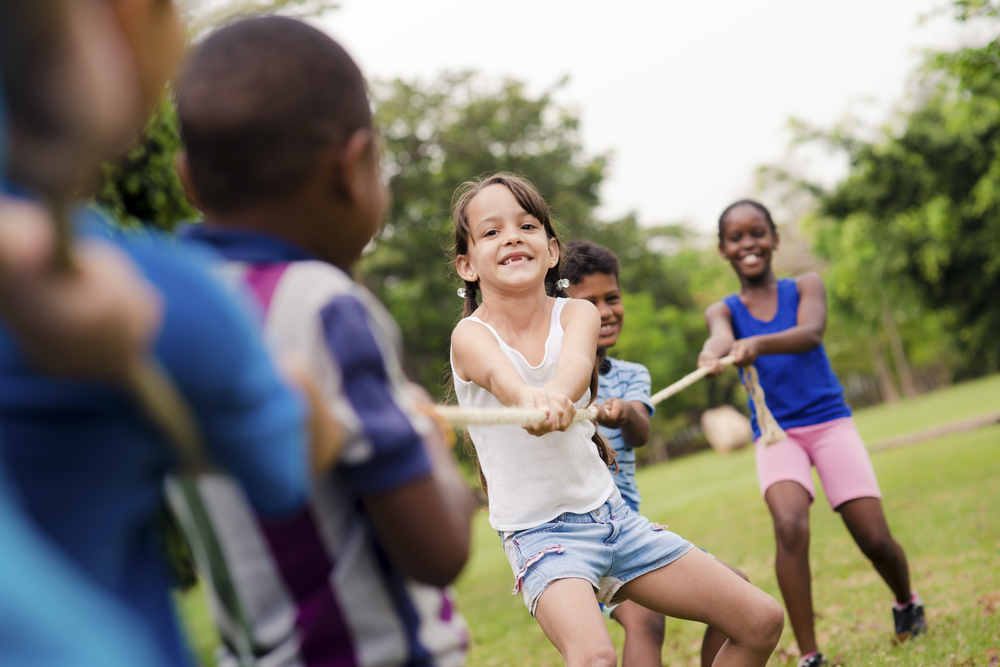
When you have kinds, it’s tempting to swoop in and save your kid from failing: delivering forgotten homework, talking with teachers about potential extra credit, forcing them to practice for a contest, etc. Part of this is because you love your kid and failing is a crappy feeling, but another aspect that can’t be ignored is the crushing pressure of being a perfect parent. Your kid failing at something that is often treated as a your failure, too.
But failure happens whether you want it to or not, whether parents are always there or not, and it’s just a matter of whether you have the tools to deal with it. And the only way to learn how to manage failure and turn it into a learning experience is through practice.
The concept of letting your kid fail has been in and out of the news for the past few years, and unfortunately there are few studies to provide systematic evidence that it’s a good thing. However, the qualitative data we have from those who work with children suggests that excessive sheltering, monitoring, and controlling are “thought to result in reduced child resilience, a sense of entitlement, child anxiety, reduced life skills, and an inadequate sense of responsibility or self-efficacy.”
It makes sense. If you are taught that you need someone else to solve your all problems, you’ll believe that you’re incapable of handling them yourself, that you’re fundamentally helpless. Of course those kids would be anxious and entitled! Frankly, it doesn’t reflect well on parents’ opinions of their own children.
via GIPHY
Okay, so you’re not going to coddle your kid into oblivion. But that doesn’t make it easier when you know how to best do their science fair project or how to help them make friends or where to look in the library for the information they need. Kids are often bad at stuff like rational decision-making, playing nice, or fine motor skills, and sometimes that makes things rough on you, too. All it takes is a little parental input and your kid wouldn’t just be fine, they’d be great! And having excellent children, we’re all told, requires careful and exacting work by the parents and anything less than a perfect child is proof that the parents fucked up.
I think some perspective will help when it’s hard to keep yourself from swooping in. Ask yourself what you actually want your child to get out of their homework, projects, and friendships. Something that sounds good when you talk about it or an experience that teaches them how to learn and problem solve?
Now, I trust that parents have a decent idea of what is and isn’t an appropriate level of helping depending on their kids needs. A young child with a severe nut allergy may need to you to bring their forgotten lunch, but a high school student with their own pocket money may not. Kids who do fairly well in school but procrastinate on projects should likely figure it out themselves, but a kid who is struggling and maybe expelled probably needs some guidance. I think the key is finding the balance of letting your kid know that you won’t disregard adult-level challenges and emergencies, while letting them muddle through, struggle, and fall on their face with the stuff that will help them grow. (I know. If I actually had the perfect guide to do that I’d be rolling around it piles of money.)
Also, more than just focusing on your kid, take stock of your own situation. I’ve never met an over-involved parent who was comfortable, relaxed, and without guilt. Trying to keep your kid from failing doesn’t make their lives better, but it doesn’t make yours better either!
On top of that, a relatively recent study showed that children pick up on their parent’s ideas about failure. Not that they have the same beliefs, but that the kids based ideas about their own intelligence on how their parents felt about failing. A parent’s negative view of failure made it more likely that a child would think of their own intelligence and abilities as fixed, and not subject to change or growth. In a way, these kids view a failure not as a lesson, but a signal of who they are. Each failure, which is bound to happen at some point, is going to hurt a lot for those kids.
I’m not saying that you’ll do irreparable harm if you usually help your kid with homework or remind them about their various appointments. Sometimes that’s just the best thing to do for everyone involved. But a kid who knows that they can figure out problems and struggle through challenges, and they know their parents believe it, are going to be more self-assured, resilient, confident, and happy.



